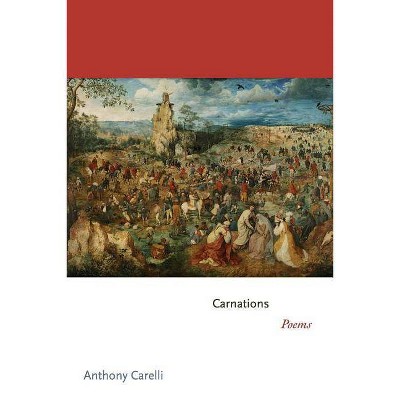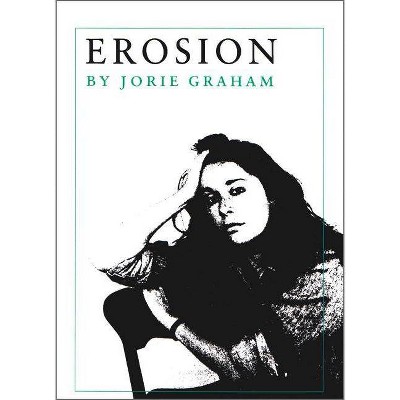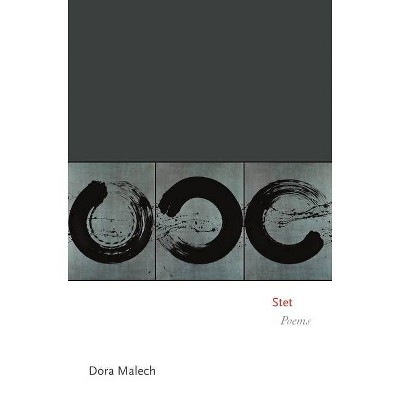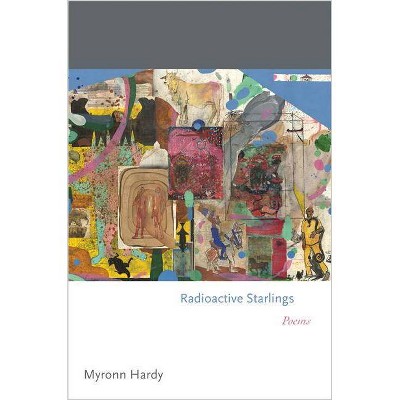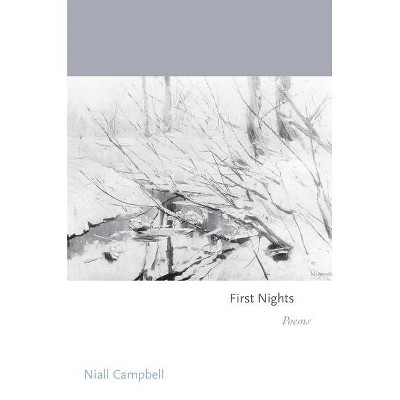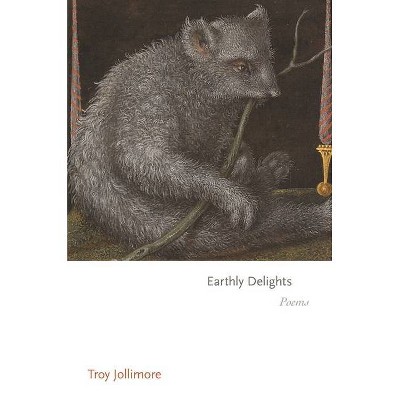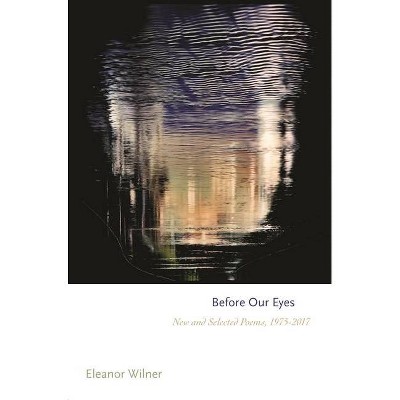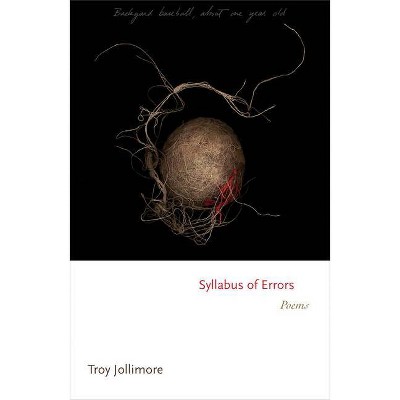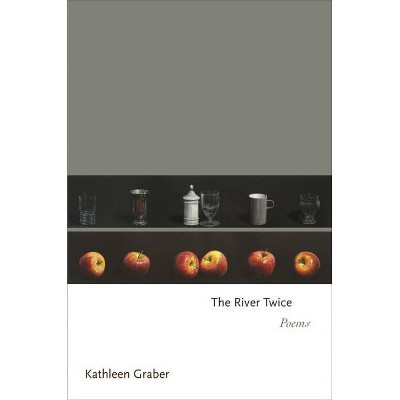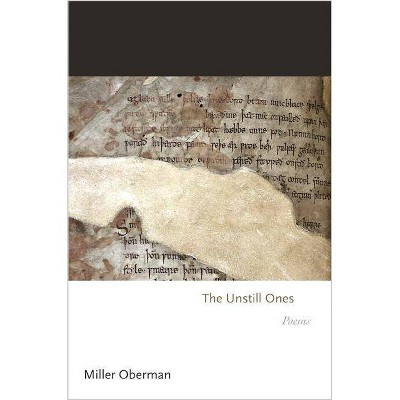Almanac - (Princeton Contemporary Poets) by Austin Smith (Paperback)
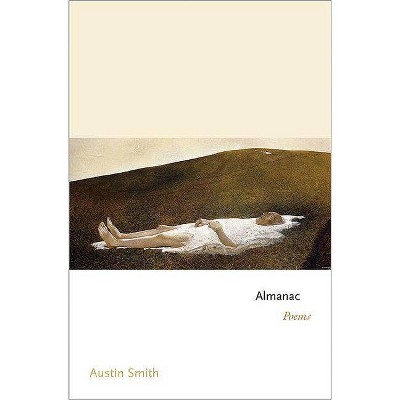
Similar Products
Products of same category from the store
AllProduct info
<p/><br></br><p><b> About the Book </b></p></br></br>Almanac is a collection of lyrical and narrative poems that celebrate, and mourn the passing of, the world of the small family farm. But while the poems are all involved in some way with the rural Midwest, particularly with the people and land of the northwestern Illinois dairy farm where Austin Smith was born and raised, they are anything but merely regional. As the poems reflect on farm life, they open out to speak about childhood and death, the loss of tradition, the destruction of the natural world, and the severing of connections between people and the land.<p/><br></br><p><b> Book Synopsis </b></p></br></br><p><b>The memorable (Stephanie Burt, <i>Yale Review</i>) and impressive (<i>Chicago Tribune</i>) debut from a remarkable new voice in poetry</b> <p/><i>Almanac</i> is a collection of lyrical and narrative poems that celebrate, and mourn the passing of, the world of the small family farm. But while the poems are all involved in some way with the rural Midwest, particularly with the people and land of the northwestern Illinois dairy farm where Austin Smith was born and raised, they are anything but merely regional. As the poems reflect on farm life, they open out to speak about childhood and death, the loss of tradition, the destruction of the natural world, and the severing of connections between people and the land. <p/>This collection also reflects on a long poetic apprenticeship. Smith's father is a poet himself, and <i>Almanac</i> is in part a meditation about the responsibility of the poet, especially the young poet, when it falls to him to speak for what is vanishing. To quote another Illinois poet, Thomas James, Smith has attempted in this book to write poems clear as the glass of wine / on [his] father's table every Christmas Eve. By turns exhilarating and disquieting, this is a remarkable debut from a distinctive new voice in American poetry. <p/><b>From <i>Almanac</i>: <br>THE MUMMY IN THE FREEPORT ART MUSEUM</b><br><i>Austin Smith</i> <p/>Amongst the masterpieces of the small-town<br>Picassos and Van Goghs and photographs<br>of the rural poor and busts of dead Greeks<br>or the molds of busts donated by the Art<br>Institute of Chicago to this dying<br>town's little museum, there was a mummy, <br>a real mummy, laid out in a dim-lit<br>room by himself. I used to go<br>to the museum just to visit him, a pharaoh<br>who, expecting an afterlife<br>of beautiful virgins and infinite food<br>and all the riches and jewels<br>he'd enjoyed in earthly life, <br>must have wondered how the hell<br>he'd ended up in Freeport, Illinois.<br>And I used to go alone into that room<br>and stand beside his sarcophagus and say, <br>My friend, I've asked myself the same thing.</p><p/><br></br><p><b> Review Quotes </b></p></br></br><br><i>Almanac</i> by Austin Smith is a magical collection of lyrical poems which mark, and mourn, the passing of a way of life, of the small family farmer, in the rural Midwest. . . . It's a stunning first collection, chosen by Paul Muldoon for the reinvigorated Princeton Series of Contemporary Poets.<b>---Keith Richmond, <i>Tribune</i></b><br><br>Smith's close familiarity with the everyday tragedies of our human existence is recorded in diction that is readily accessible to the average reader, but which has a depth that is capable of resounding through the hearts and souls of his audience, facilitating their response, even if they come from an essentially nonpoetic background. . . . Smith's work is well worth investing in, so do consider acquiring yourself a copy--he is clearly a modern-day poet who deserves your attention.<b>---Lois Henderson, <i>Bookpleasures.com</i></b><br><br>Smith's farm disasters make memorable reading if you care about poetry whether or not you care very much about farms.<b>---Stephanie Burt, <i>Yale Review</i></b><br><br>[A] lucid debut. . . . [S]elf-contained, compact stories [that] will stick in the mind for a while.-- "Publishers Weekly"<br><p/><br></br><p><b> About the Author </b></p></br></br><b>Austin Smith</b> was born in the rural Midwest. Most recently, he was a Wallace Stegner Fellow in fiction at Stanford University.
Price History
Cheapest price in the interval: 13.99 on October 22, 2021
Most expensive price in the interval: 13.99 on December 20, 2021
Price Archive shows prices from various stores, lets you see history and find the cheapest. There is no actual sale on the website. For all support, inquiry and suggestion messagescommunication@pricearchive.us
